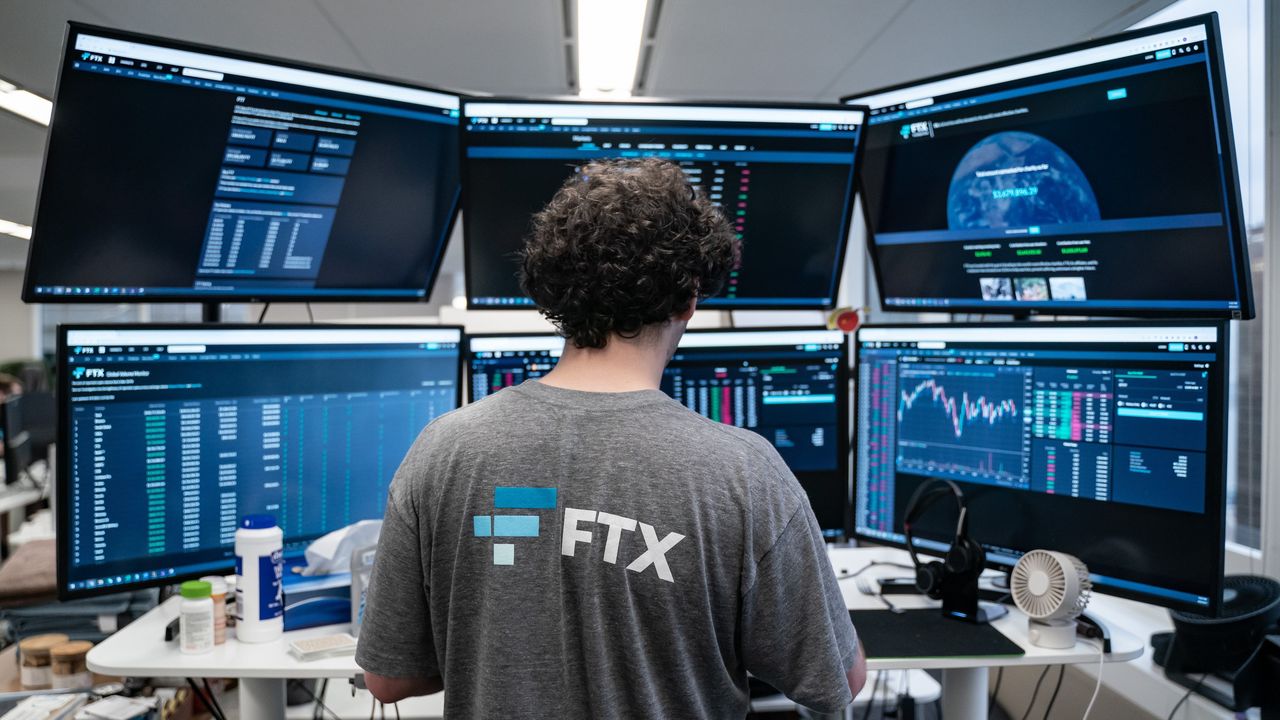NFL quarterback Trevor Lawrence and YouTube influencers Kevin Paffrath and Tom Nash have reportedly reached a settlement in a lawsuit concerning alleged insufficient disclosure of compensation in their promotions for the now-defunct cryptocurrency exchange, FTX.
Although the details of the settlement have not been made public, a Bloomberg report on September 16 confirmed that the three prominent figures have entered into proposed agreements, making them the first among the high-profile defendants to do so.
The lawsuit had ensnared several other celebrities and influencers, including Tom Brady, Gisele Bündchen, Kevin O’Leary, Shaquille O’Neal, Naomi Osaka, and David Ortiz.
These individuals had all been accused in the class-action lawsuit of failing to adequately disclose their compensation for promoting FTX.
Notably, Kevin Paffrath and Tom Nash were part of a group of eight YouTubers accused of withholding compensation information in their FTX promotions.
The other six individuals included Graham Stephan, Andrei Jikh, Jaspreet Singh, Brian Jung, Jeremy Lefebvre, and Erika Kullberg.
The talent management agency responsible for orchestrating the FTX promotions, Creators Agency, is also named as a defendant in the lawsuit.
READ MORE: Bitcoin Bucks Inflation Worries, Surges to New September Highs
On September 11, a court filing indicated that FTX was contemplating ways to recover the millions of dollars it had paid to celebrity athletes and sports teams for promoting the cryptocurrency exchange before its financial downfall in November 2022.
The filing disclosed that Trevor Lawrence had received $205,555, Shaquille O’Neal approximately $750,000, and Kevin O’Leary the highest sum of $2,348,338.
The class-action lawsuit, filed on March 15, alleged that the influencers had failed to adequately reveal the true nature of their FTX endorsements. These promotions were characterized as paid content rather than authentic endorsements stemming from genuine interest.
The lawsuit stated that, despite receiving substantial payments from FTX, the defendants had not properly disclosed the details of their sponsorships, endorsement deals, payments, or compensation, nor had they conducted sufficient due diligence.
While the settlement terms remain undisclosed, the resolution of this case may have broader implications for the regulation and transparency of cryptocurrency endorsements and influencer marketing in the future.
Other Stories:
Ethereum’s Energy Efficiency Soars: The Aftermath of The Merge
Crypto Markets Brace for Uncertainty as Regulatory Storm Looms
DeFi Pioneer Rune Christensen Envisions Decentralized Stablecoins Dominating the Crypto Market




